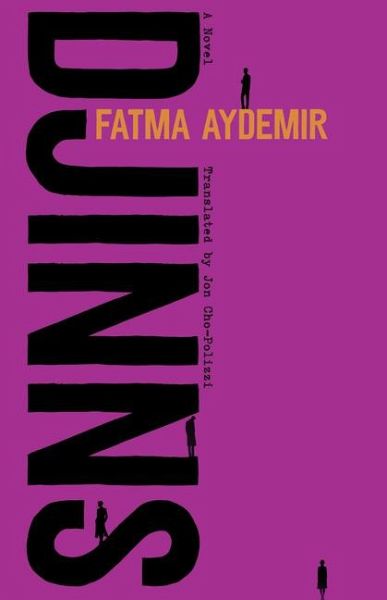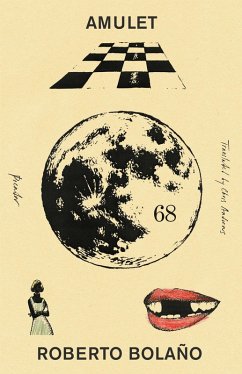
Djinns
Versandkostenfrei!
Versandfertig in 1-2 Wochen
16,99 €
inkl. MwSt.

PAYBACK Punkte
8 °P sammeln!
After laboring in Germany for thirty years, Hüseyin uses his hard-earned savings to purchase a sunny and spacious flat in Istanbul, envisioning the joys of retirement in his home country with his wife, Emine, by his side. But in a cruel twist of fate, he dies of a heart attack on the day he moves in. As Hüseyin's children and wife travel to Turkey for his funeral, the novel explores their lives and dreams: a teenage son struggling to embrace his sexuality; a college-educated daughter desperate to align conflicting facets of her identity; a first-born son racialized and profiled all his life,...
After laboring in Germany for thirty years, Hüseyin uses his hard-earned savings to purchase a sunny and spacious flat in Istanbul, envisioning the joys of retirement in his home country with his wife, Emine, by his side. But in a cruel twist of fate, he dies of a heart attack on the day he moves in. As Hüseyin's children and wife travel to Turkey for his funeral, the novel explores their lives and dreams: a teenage son struggling to embrace his sexuality; a college-educated daughter desperate to align conflicting facets of her identity; a first-born son racialized and profiled all his life, forced to perform a role he could not choose for himself; a lonely daughter left behind in rural Turkey who dreams of recapturing her family's love after joining them in Germany as a teenager; and a mother unable to break free from the cycles of violence that have defined her. In this epic tale, Fatma Aydemir explores the lives of characters who could not be more different from one another-except in their insatiable desires to be understood. Rather than a seamless narrative, the novel circles around suppressed memories, unspoken trauma, and buried pasts. Turning expectations and stereotypes of the immigrant experience on their side, Aydemir shows how we all grapple with power and beauty, the holes in our lives, and the demons that hover just out of sight.












